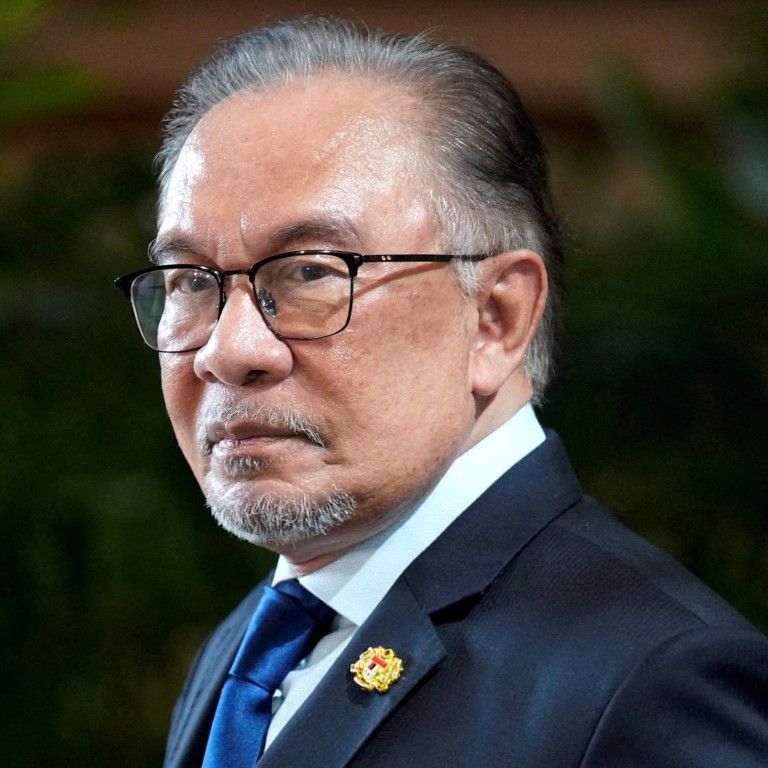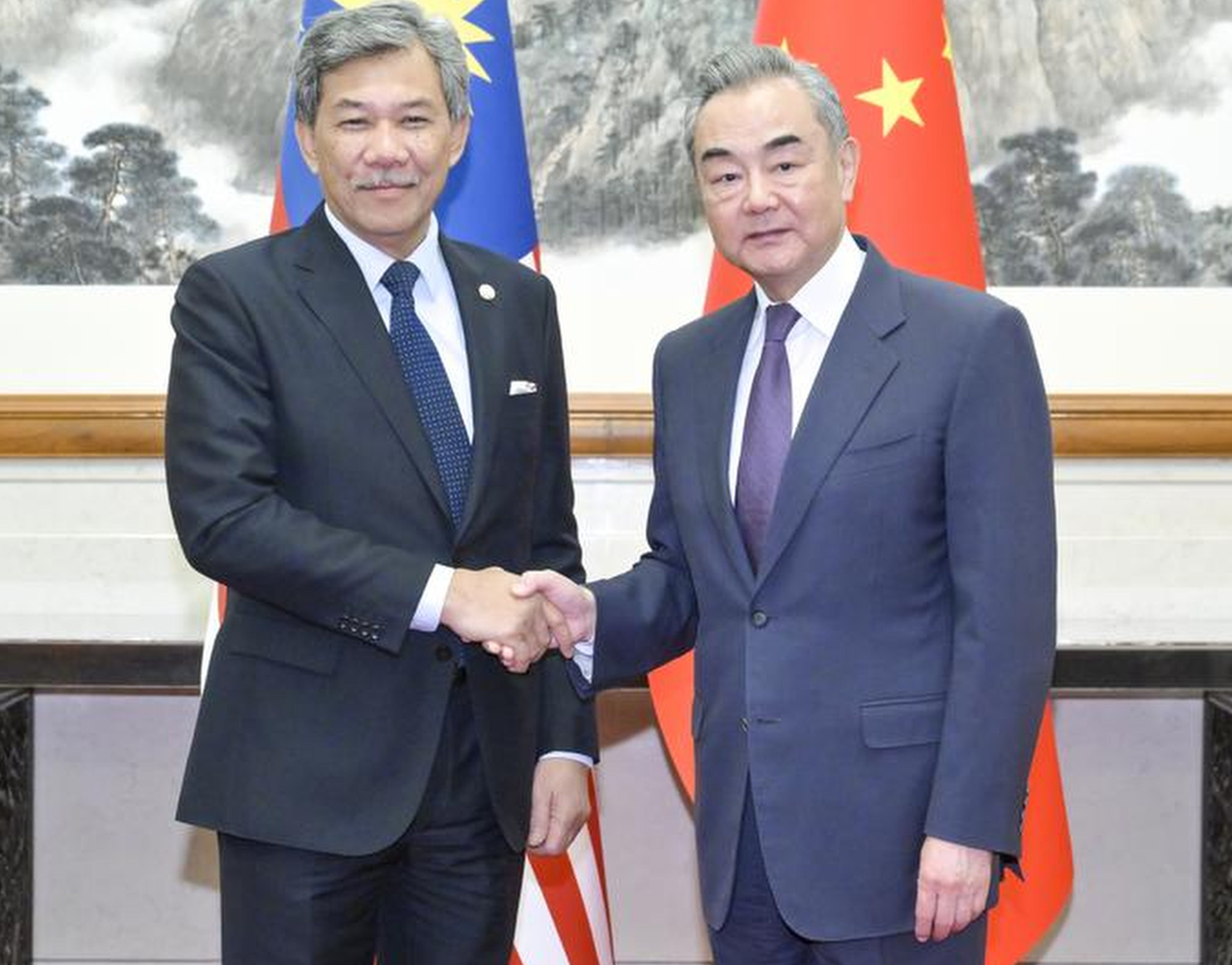
Malaysia has Brics ambitions, so why is Prime Minister Anwar refusing to visit Russia?
- Malaysia has been navigating the geopolitical realities of Russia’s invasion of Ukraine, with a stated foreign policy of being ‘everyone’s friend’
Speaking in parliament, Foreign Minister Mohamad Hasan said his ministry has advised the prime minister to “not simply go” despite receiving many invitations from Moscow for an official visit.
While Malaysia has addressed human trafficking concerns raised by Washington, it has also voiced strong support for the Palestinian cause and condemned Israel, a key US ally.

Asked why the government had not responded to Moscow’s repeated invitations, Mohamad told the house, “we cannot simply go when we receive an invite.”
“We do not want to be dragged into world politics that is more complex, that will create problems with our relations to other countries.”
Russia, heavily sanctioned by the West following its invasion of Ukraine in 2022, has found support from China, which happens to be Malaysia’s top export partner.
“They have been most receptive, and they collaborate well, and they are frank and [make] no display of arrogance,” Anwar said.
Opposition lawmaker Wan Ahmad Fayhsal Wan Ahmad Kamal, raised concerns in session, about the lack of response to Russia’s invitations for an official visit by Anwar.
Fayhsal has been to Russia, attending an economic forum in Saint Petersburg earlier this month.
He said the Foreign Minister’s comment was at odds with Anwar’s intention of joining the Brics, saying the country needs to “knock on Moscow’s door” to join the bloc.
“Yes now Russia is the presidency, but next year it is Brazil. We want to join when we are the Asean chair, so we [will] negotiate with Brazil,” the foreign minister added.
Marek Rutkowski, a global studies lecturer at Monash University Malaysia, said Malaysia’s “underwhelming” response to the war was due to Malaysia’s reliance on Russian arms in its defence arsenal, in a 2022 report by ISIS Malaysia.

